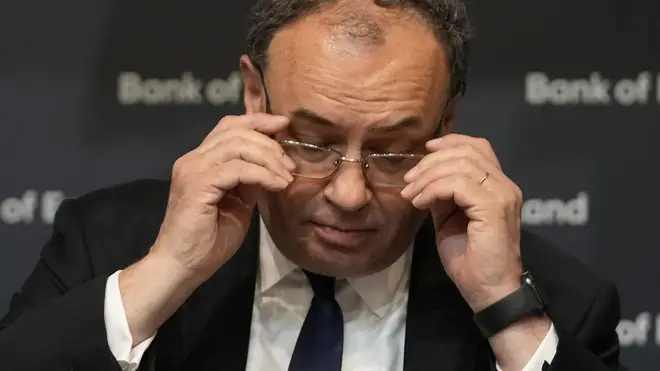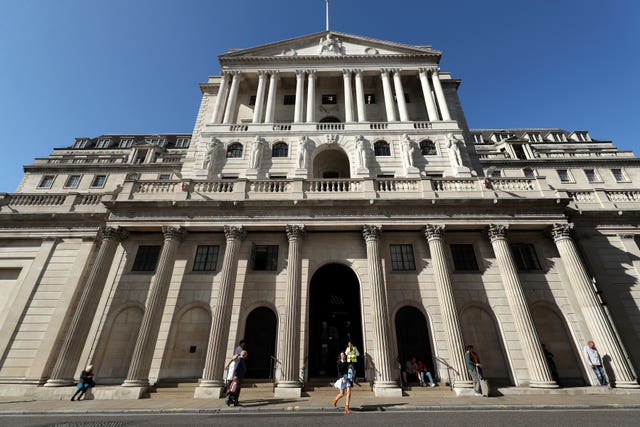
Henry Riley 4am - 7am
23 May 2022, 16:04

The Bank’s approach to Covid was criticised by its former governor last week.
The Governor of the Bank of England has pushed back at comments by a predecessor that the Bank’s actions during the pandemic helped push inflation to 40-year highs.
Andrew Bailey instead pointed to a reduction in the UK’s workforce as a much more likely cause of high inflation.
“What I reject is the argument that in our response to Covid the Bank’s Monetary Policy Committee let demand get out of hand and thus stoked inflation,” he said in a speech in Vienna hosted by the Austrian central bank.
“The facts simply do not support this.”
He said that gross domestic product (GDP) is only just a little higher than it was before the Covid and if the pandemic had not have happened it probably would have been substantially higher.
“What we do have is a very tight labour market.
“But that does not look like a story about rapid demand growth,” Mr Bailey said.
“The labour force has shrunk by around 1% since the onset of Covid.
“It looks much more like an impact from the supply of labour.”
Last week Lord Mervyn King, who was the Bank’s governor in 2008 when financial markets crashed, criticised the policy of the institution during the pandemic.

He said that the Bank printed more money, so called quantitative easing, at the same time as manufacturers, restaurants and other service companies closed.
This meant that there was more money in the economy, but less stuff to spend it on, which pushed up prices.
His criticism was not limited to Mr Bailey and his team.
Lord King said that it was a common feature of all central banks.
“They basically felt: ‘We must demonstrate that we’re here, we must do something’,” he told Sky News.
“But governments were doing a great deal, though in our case the furlough scheme, which was very sensible… it didn’t need central banks to print lots of extra money on top of all that.
“That’s generated a rise in inflation.”
On Monday Mr Bailey also reiterated hints that the Bank could hike interest rates further to help combat runaway inflation.
“We have raised the official rate four times so far and have made clear that in order to bring inflation down to target we are prepared to do so again based on the assessment at each of our meetings,” he said.
The Bank’s decision-making committee set the base rate to 1% earlier this month, its highest point since 2009.
Inflation hit 9% in the year to April as measured by the Consumer Prices Index.
It is the highest since records began and is thought to be higher than at any point since 1982.